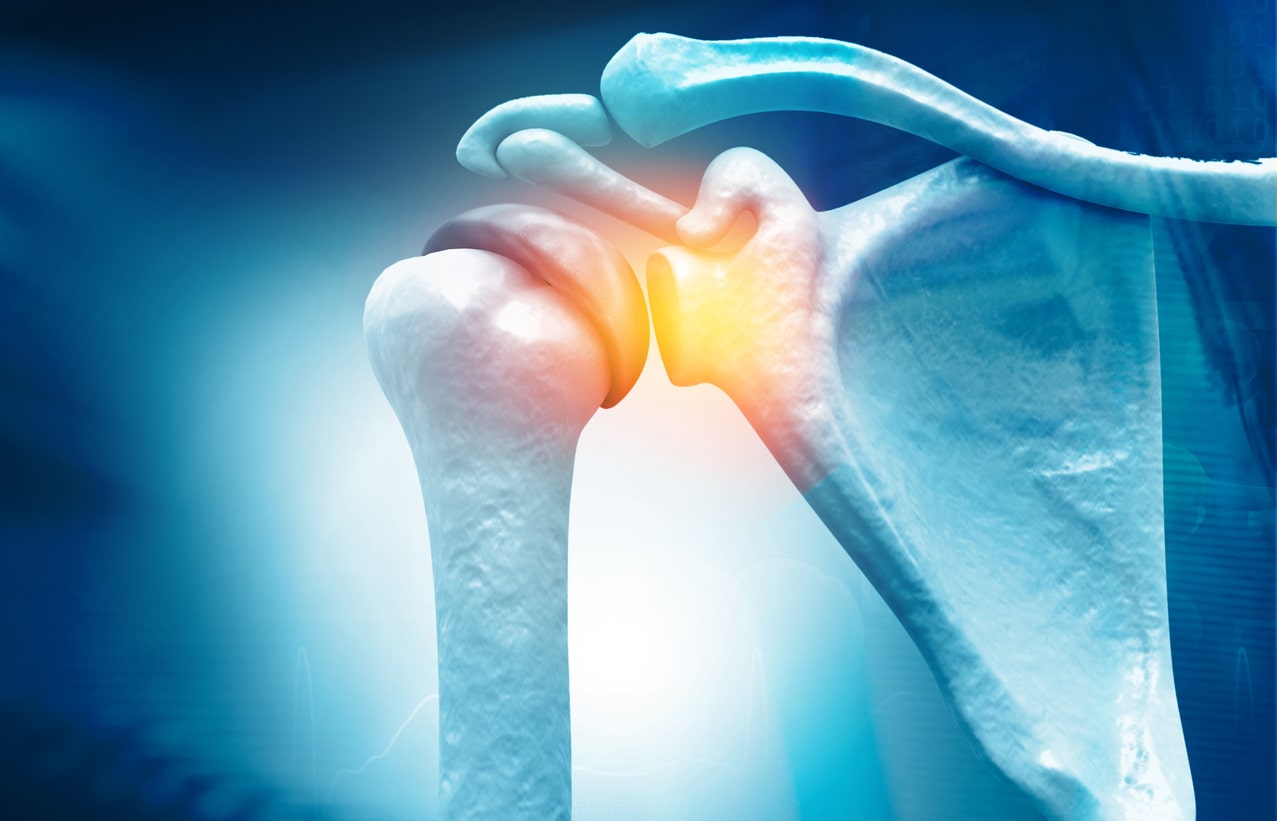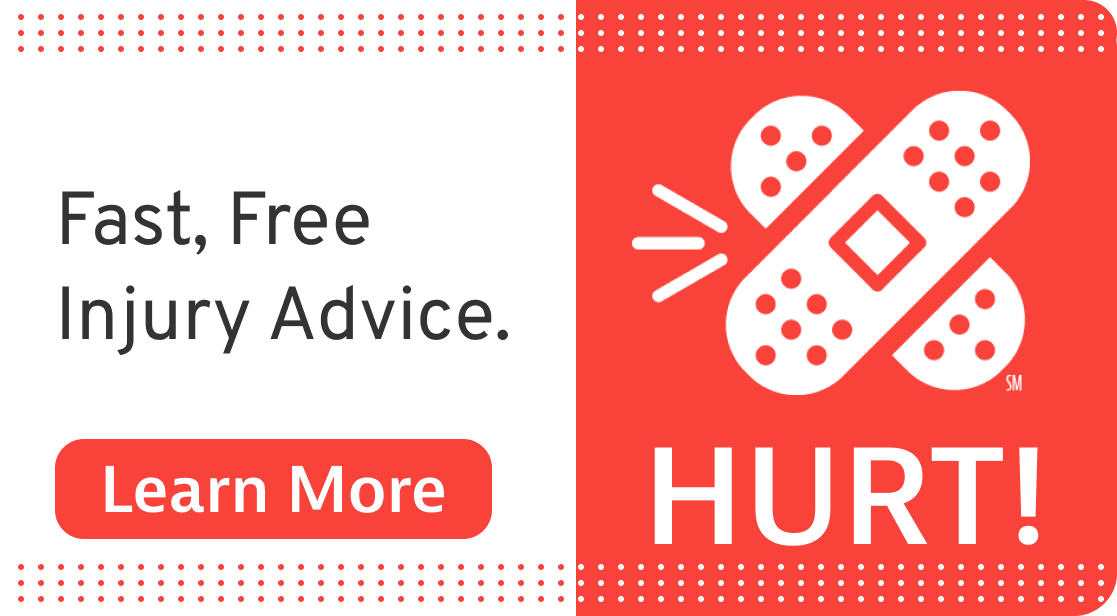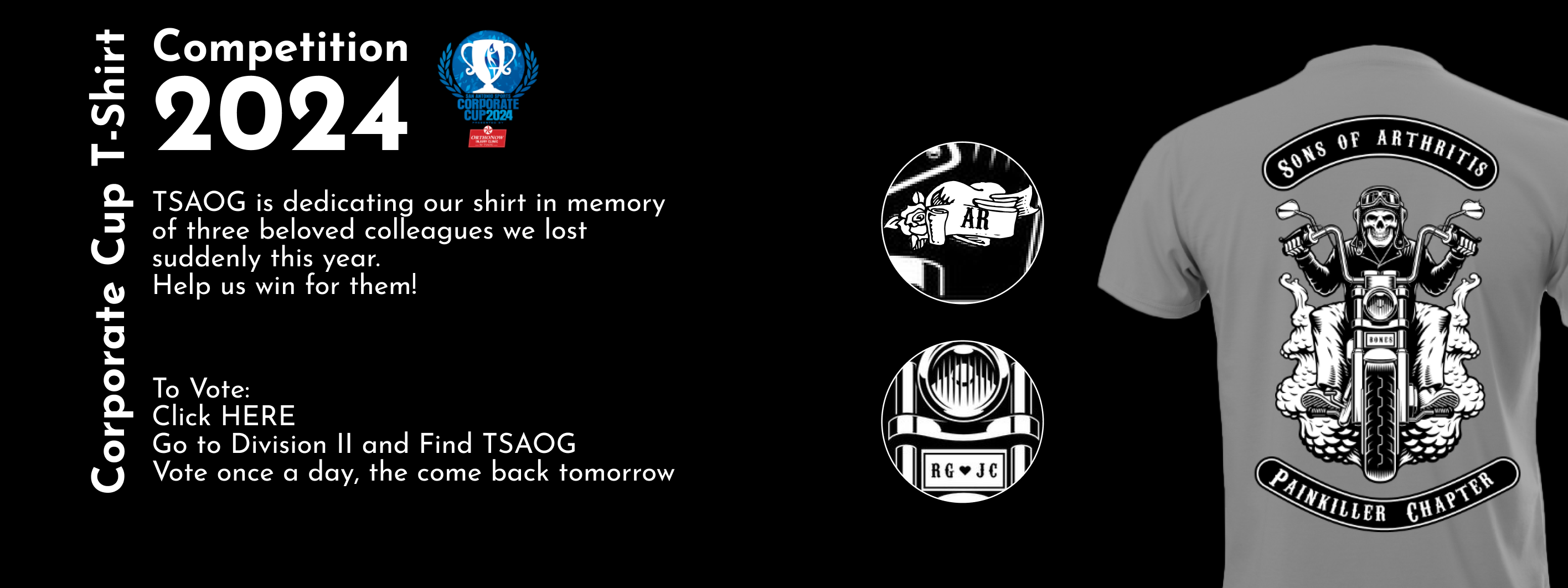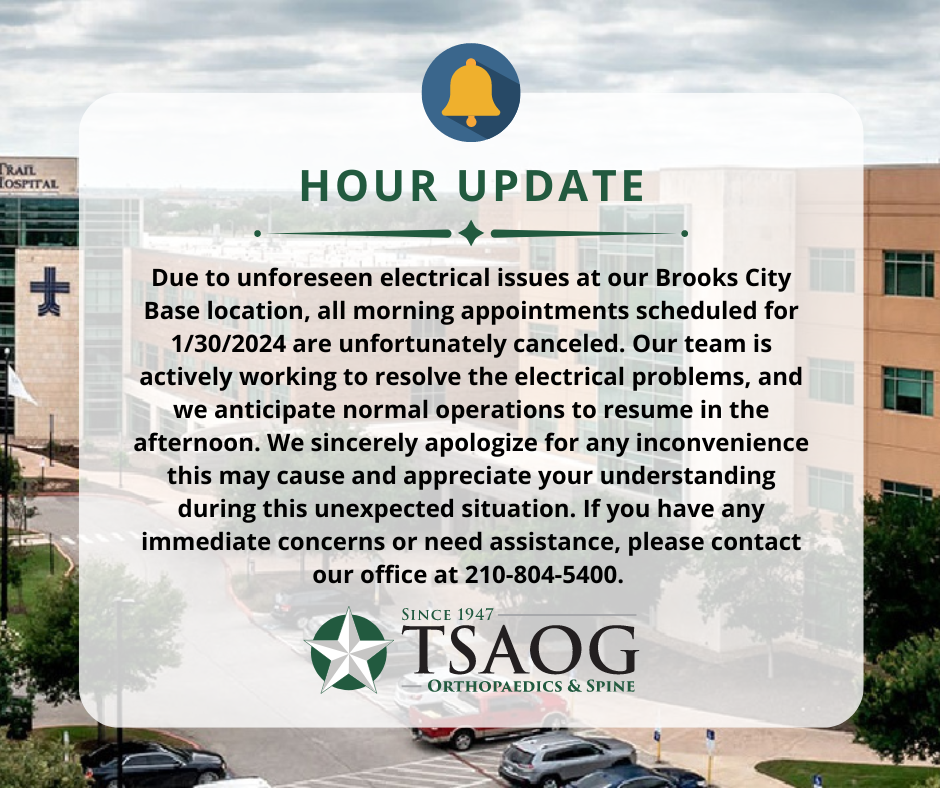When trying to understand when to have a rotator cuff repair surgery it is important, first, to understand what the rotator cuff is. The rotator cuff is a complex structure consisting of four muscles and tendons surrounding the shoulder joint. The shoulder joint is one of, if not the most mobile joints in the body. This mobility is exceedingly useful in our daily lives, it is what allows us to put holiday decorations on shelves high above our heads or scratch that pestering itch on our backs. This in turn means whenever an injury affects the shoulder it affects our daily lives that much more. A wide world of injuries can affect the shoulder, some more serious than others. Next, we will cover which may heal on their own, and which need more serious attention.
When not to have rotator cuff surgery
Before we continue, please note, any advice in this article should come second to the advice rendered by your medical provider. Now we may begin looking at some injuries that if given time and proper rest may be able to heal without surgical intervention. Here are three common rotator cuff conditions that do not usually need surgery to be resolved.- Tendonitis
- Bursitis
- Rotator Cuff Strain
When to Have Rotator Cuff Surgery?
Now we will turn our focus onto conditions which may need surgical intervention to heal properly. Far and away the most common injury in this category is a rotator cuff tear. As mentioned earlier, many muscles are at play in the rotator cuff; these muscles are small, and weak when compared to other muscles in the body. The rotator cuff is also unique in that lies in what is known as a “Watershed Area”. These areas throughout the body are uniquely hypo-vascular, meaning that they lack excess blood supply. Blood flow is critical in the healing process and so it being limited in the rotator cuff makes injuries especially difficult to recover from. Tears occur similarly to a strain, with sudden forceful movements. Tears are often also associated with a significant amount of pain. If an event like this happened to you, and you notice that the pain gets worse with rest, or sleeping, and persists longer than a few days you may need to go and see your medical provider. Rotator cuff deterioration doesn’t only occur from sudden forceful movements however, they can also be the result of deterioration throughout one’s life. Those with forward posture, or those who do repetitive arm movements regularly, for example a cashier who is scanning and bagging items frequently, may also be susceptible to fraying their rotator cuff tendons. While these motions seem innocuous when added up over the course of a lifetime, they can slowly wear away at the tendons in the rotator cuff, eventually leading to a tear.When to See a Doctor For a Torn Rotator Cuff
While not every injury to the rotator cuff was covered in this article, something to take away is to be mindful of overusing your shoulders. Like all muscles, those in the rotator cuff need time to rest as well. Be cautious when lifting heavy objects, especially when they are away from your body, or if they are overhead. If you find yourself in persistent and chronic pain, it may be time to go and see a medical provider and have them assess your shoulder. Not all conditions must be treated surgically. Many can be remedied with rest, stretching, or even physical therapy. However, if left unchecked a less severe condition may worsen and require more intensive care than it would have if treated promptly.Looking for a Shoulder Specialist in the San Antonio, TX Area?














